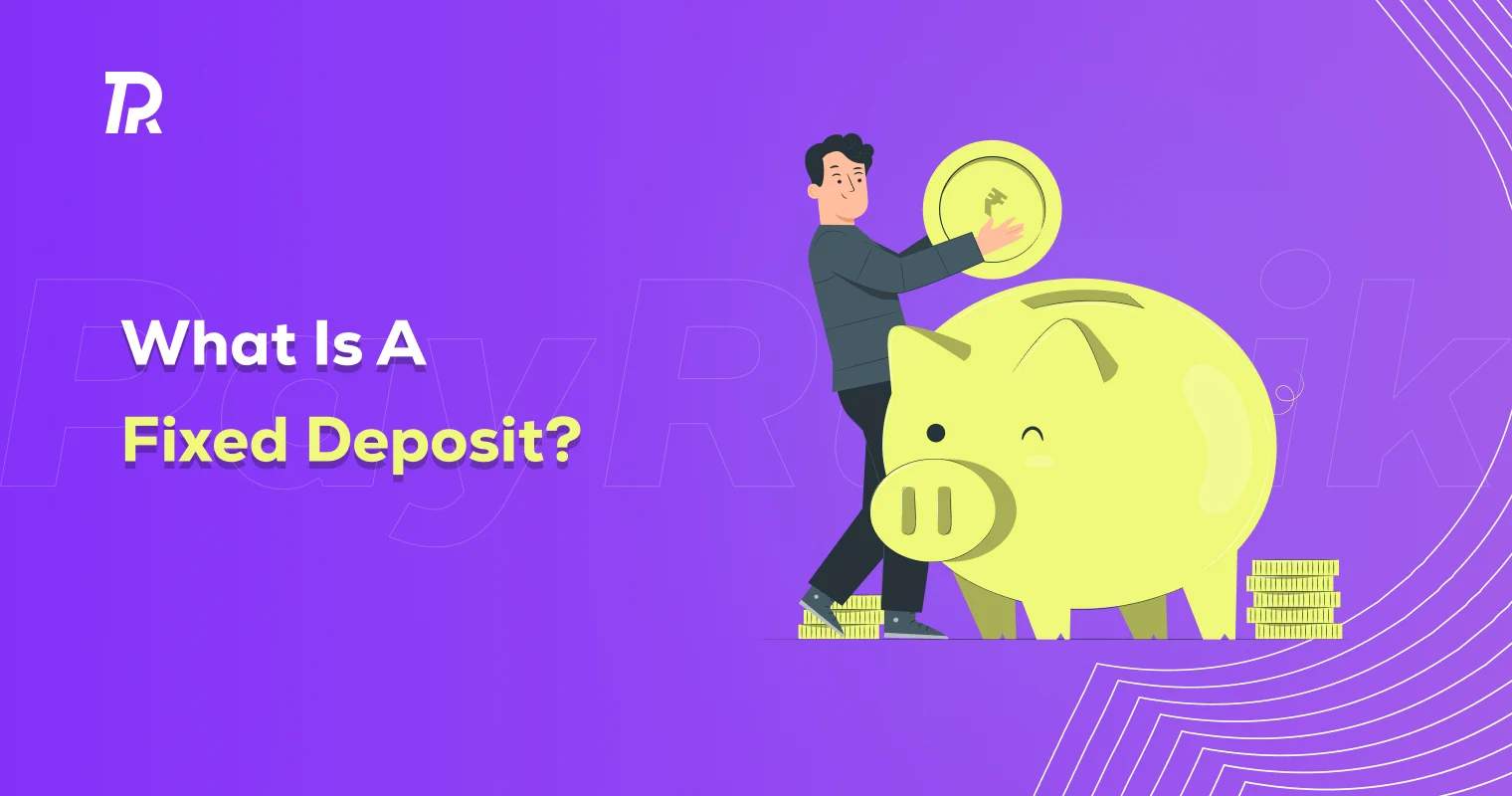Loan Approval with Low Income and High Debt: Tips That Work
- November 29, 2025

November 10, 2025
Fixed deposits have been a trusted and stable investment option for millions of Indians for decades. Whether you are a salaried employee, self-employed professional, or business owner, an FD offers a simple way to grow your savings without worrying about market ups and downs.
In this blog, you will understand why fixed deposits are important, how they work, their benefits, and the different types you can choose from.
A fixed deposit is an investment where you put a specific amount of money for a fixed tenure that can range anywhere between 7 days to 10 years. During this tenure, your money earns interest at a rate decided by the bank. At the end of the tenure, you receive your principal amount along with the accumulated interest.
The interest rate is fixed at the time of opening the FD. This makes fixed deposits safe and predictable.
You deposit money, select your tenure, and the bank locks that money at a fixed rate. You can choose cumulative interest (paid at maturity) or non-cumulative interest (paid monthly, quarterly, or annually).
For example: If you deposit ₹1,00,000 for 5 years at 7% interest, you receive around ₹1,40,255 at maturity.
A fixed deposit can be opened by:
Only basic KYC such as ID proof, address proof, and PAN is required.
FDs are ideal for people who prefer stability and guaranteed returns. They protect capital, are perfect for retirement planning, and offer dependable growth without stress.
They also serve as a financial cushion for emergencies while still earning interest.
Fixed deposits are one of the best ways to grow savings safely. With guaranteed returns, flexible tenure, and zero market risk, FDs work well for all types of investors. Choose the right bank, tenure, and payout option to make the most of your money.
Leave a comment